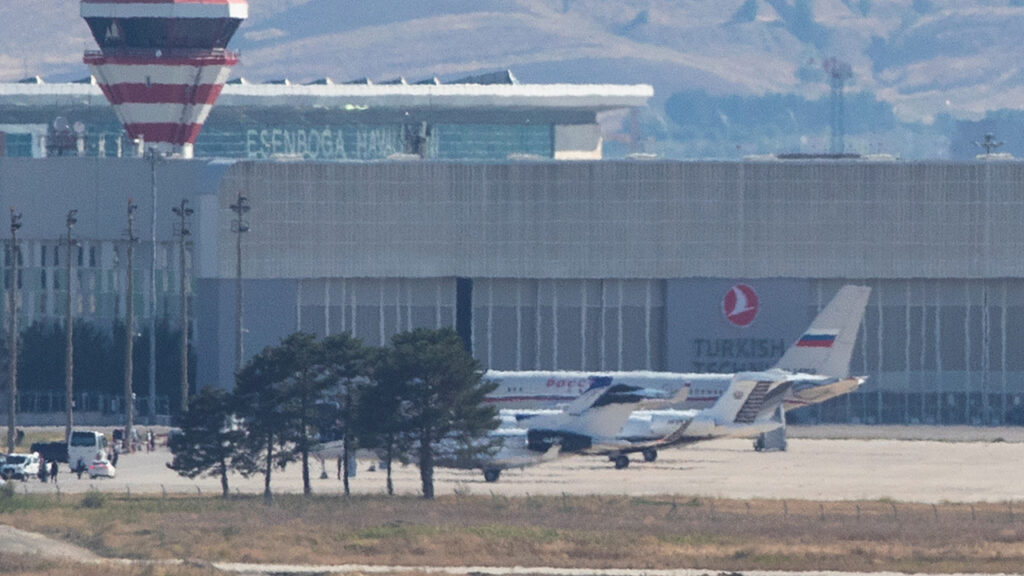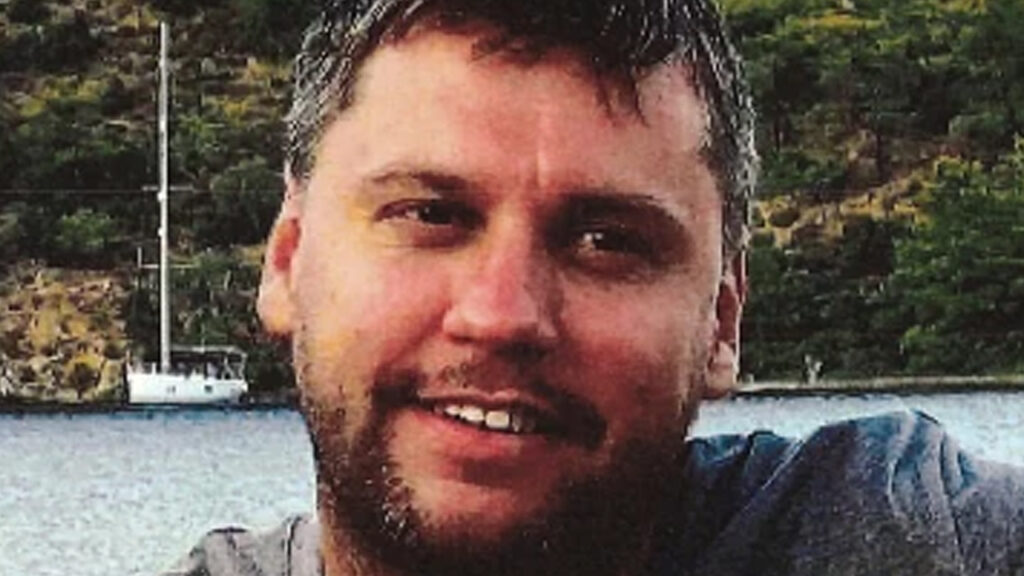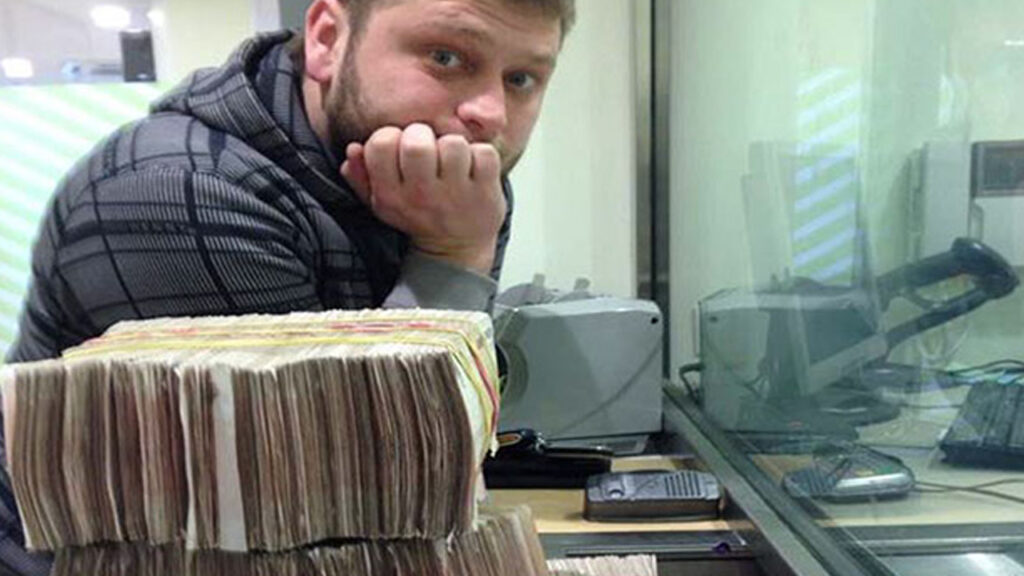Two prominent hackers were handed over to Russia in a large-scale prisoner swap operation in Ankara. The exchange was notable not only for the release of journalist Evan Gershkovich, but also for the extradition to Russia of two hackers who had committed serious financial crimes. Who are these hackers and what crimes have they committed?
Two important hackers: Vladislav Klyushin and Roman Seleznev
Vladislav Klyushin was the first of the hackers handed over to Russia in the prisoner swap. Klyushin is known to be responsible for one of the largest hacking and trading schemes ever carried out in the US. According to the US government, Klyushin and his team hacked two major companies, Donnelly Financial and Toppan Merrill, and obtained their quarterly and annual earnings reports in advance. Using this information, they made huge gains on the stock market, earning millions of dollars.

Klyushin’s accomplice Roman Seleznev committed a different crime. Seleznev is known as a cybercriminal who steals credit card numbers and sells this information. His activities between 2009 and 2013 caused millions of dollars in losses and bankrupted many small businesses. When Seleznev was arrested in the Maldives, he was carrying a laptop with 1.7 million stolen credit card numbers.
Klyushin’s crimes and background
Vladislav Klyushin was responsible for one of the largest hacking and trading schemes in American history, according to the US government. While working for a Moscow-based IT company called M-13, he made millions of dollars by hacking the financial information of companies listed on the US stock exchange.

Klyushin was caught in Switzerland on a private jet and extradited to the US. In court, he was sentenced to 9 years in prison and ordered to pay a fine of 34 million dollars.
Seleznev’s crimes and background
Roman Seleznev was a cybercriminal who stole and sold credit card information. According to the US government, Seleznev’s activities caused more than $169 million in losses and led to the bankruptcy of several small businesses.

When he was arrested in 2014 in the Maldives, he was carrying a laptop with 1.7 million stolen credit card numbers. Seleznev was extradited to the US and sentenced to 27 years in prison.
Details of the prisoner swap
In a prisoner swap operation in Ankara, 26 people from prisons in the US, Germany, Poland, Slovenia, Norway, Slovenia and Russia were released. The exchange was carried out as part of intelligence diplomacy conducted by the National Intelligence Organization (MIT). As part of the exchange operation, 10 hostages, including 2 children, were transferred to Russia, 13 hostages to Germany and 3 hostages to the US.
Russia’s policy of protecting hackers
Russia’s extradition of these two hackers has once again demonstrated the country’s support for cybercriminals and its policy of protecting them. Despite the demands of the US and other Western countries, Russia generally does not extradite its own citizens and has developed policies to protect these criminals.
The crimes and backgrounds of Vladislav Klyushin and Roman Seleznev, the hackers who were handed over to Russia in the prisoner swap operation in Ankara, show once again how serious the cyber war between the countries has become.














